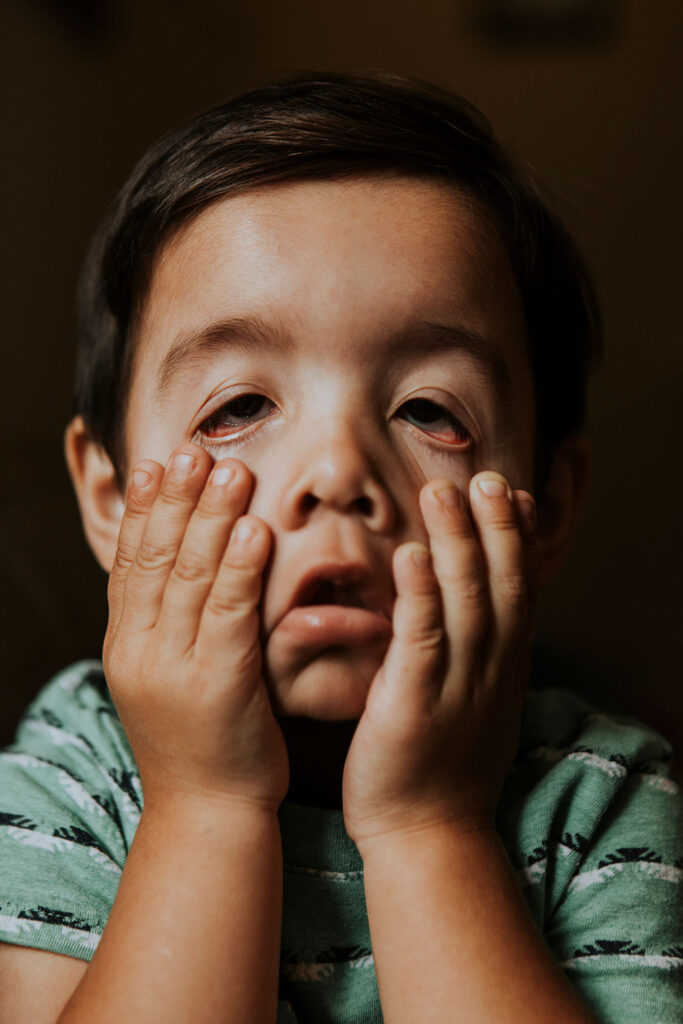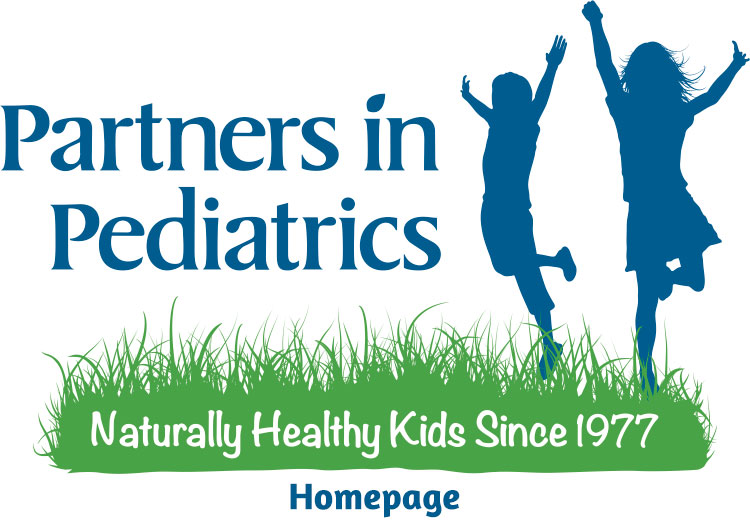Obsessive-Compulsive Disorder (OCD) is often misunderstood, especially when it appears in children. Early recognition and support are critical for helping kids thrive. At Partners In Pediatrics (PIP) in Denver and Englewood (serving all of Metro Denver), we focus on treating the whole child—addressing both physical and mental health to foster lasting well-being.
In this blog, we’ll explore how to recognize childhood OCD, what causes it, and how parents and schools can best support children who are struggling.
What Is OCD in Children?
OCD (Obsessive-Compulsive Disorder) is a mental health condition marked by persistent, intrusive thoughts (obsessions) and repetitive behaviors (compulsions) that children feel they must perform to reduce anxiety or stress.
“Children with OCD often experience frequent, unwanted thoughts and behaviors that take up a lot of time, interfere with daily activities, and cause significant distress,” says Jessy Boon, LPCC, Behavioral Health Manager at Partners In Pediatrics.
Signs of OCD in Kids: What Parents Should Look Out For

Recognizing the signs of OCD in children can help parents intervene early. Some common symptoms include:
- Intense fears or persistent worries
- Repetitive behaviors and rituals
- Rigid daily routines
- Avoidance of certain situations
- Preoccupation with organization, cleanliness, or symmetry
- Constant reassurance seeking
- Magical thinking (believing that certain actions prevent bad outcomes)
“OCD can present in so many different ways in children,” Jessy explains. “What’s key is that the behaviors feel unwanted and create distress, rather than being part of the child’s personality.”
Normal Childhood Behaviors vs. Symptoms of OCD
All children have routines and habits, but when should you worry?
Normal routines are typically flexible and easygoing.
OCD routines, by contrast, are rigid, time-consuming, and create significant distress if disrupted.
“If a routine or behavior is causing your child a lot of anxiety or making it hard for them to function normally, it may be time to look closer,” Jessy says.
What Causes OCD in Children?
There isn’t a single cause for OCD. Research shows it is likely due to a combination of genetic and environmental factors.
“OCD can run in families, but stressful events and environmental influences can also contribute,” Jessy notes. “It’s important for parents to know that it’s not their fault.”
How Stress and Anxiety Impact OCD Symptoms
Stress and anxiety can make OCD symptoms worse. When a child is stressed, intrusive thoughts may intensify, and compulsive behaviors can become more frequent.
“Stress is like fuel to the OCD fire,” Jessy explains. “Managing stress is a huge part of supporting a child with OCD.”
When Should Parents Seek a Professional Evaluation?

If your child’s obsessions and compulsions are continuous, severe, and disruptive to daily life, it’s time to seek help.
“A professional evaluation can make all the difference,” Jessy advises. “The earlier we identify OCD, the better the outcome for the child.”
How OCD Is Diagnosed in Children
The diagnosis process for OCD typically involves a comprehensive mental health evaluation by a trained therapist, psychologist, or psychiatrist. This process often includes:
- A thorough medical and psychological history
- Mental health interviews
- Screening tools to rule out other conditions
- Assessment of how obsessions and compulsions impact daily life
Practical Strategies Parents Can Use at Home
Parents play a critical role in helping children manage OCD. Some effective strategies include:
- Creating a structured, predictable environment
- Setting realistic expectations
- Encouraging gradual exposure to fears without engaging in compulsions
- Offering consistent positive reinforcement
“Consistency is key,” says Jessy. “With a stable environment and patient support, children can learn to manage their OCD in healthier ways.”
How Teachers and School Staff Can Support Children with OCD
Support at school is just as important. Teachers and school staff can help by:
- Learning about OCD and how it presents
- Implementing accommodations to ease anxiety
- Communicating openly with parents and clinicians
- Developing individualized support plans
“Understanding and compassion from teachers can be life-changing for a child with OCD,” Jessy emphasizes.
Common Mistakes Parents Might Make
Parents may unknowingly make OCD worse by:
- Performing compulsions for their child
- Constantly providing reassurance
- Punishing compulsions
- Misinterpreting OCD as part of the child’s personality
“Trying to ‘fix’ compulsions or constantly reassure a child may offer temporary relief but often strengthens the OCD cycle in the long run,” Jessy explains.
The Best Treatment Options for Childhood OCD
The gold standard for childhood OCD treatment includes:
- Cognitive Behavioral Therapy (CBT)
- Exposure and Response Prevention (ERP) therapy
- Medication (in some cases, alongside therapy)
“In ERP, kids learn to face their fears without performing rituals,” Jessy says. “It’s incredibly empowering.”
Medication, when needed, can support therapy by reducing the intensity of symptoms, but behavioral therapy is essential for true progress.
How Lifestyle Factors Support Children with OCD
While therapy is primary, lifestyle habits can also support recovery. Important factors include:
- Getting quality sleep
- Eating a balanced diet
- Exercising regularly
- Practicing mindfulness
- Limiting screen time
- Building a positive support network
“Good habits create a foundation for healing,” says Jessy. “They’re not a replacement for therapy, but they make a real difference.”
How Partners In Pediatrics’ Whole-Child Approach Helps Children with OCD

At Partners In Pediatrics, we take a whole-child health approach to OCD and all mental health care.
“By focusing on physical, mental, and emotional health together, we can create individualized care plans that truly meet each child’s unique needs,” Jessy shares.
Through collaboration between parents, children, therapists, pediatricians, and school staff, PIP builds a strong foundation for lifelong health—not just symptom management.
“Our goal is not just to reduce symptoms, but to empower children to live happy, healthy, and fulfilling lives,” says Jessy.
Final Thoughts on Childhood OCD
Childhood OCD can feel overwhelming, but with early intervention, expert care, and a collaborative approach, kids can learn to manage symptoms and thrive.
If you have concerns about your child’s mental health, contact Partners In Pediatrics in Denver or Englewood today to schedule an evaluation with Jessy Boon, LPCC. Our whole-child approach means your child will be seen, heard, and supported—every step of the way.



Leave a Reply